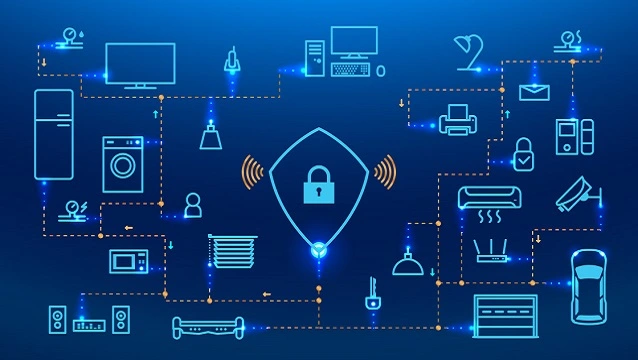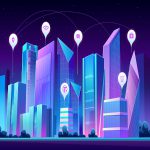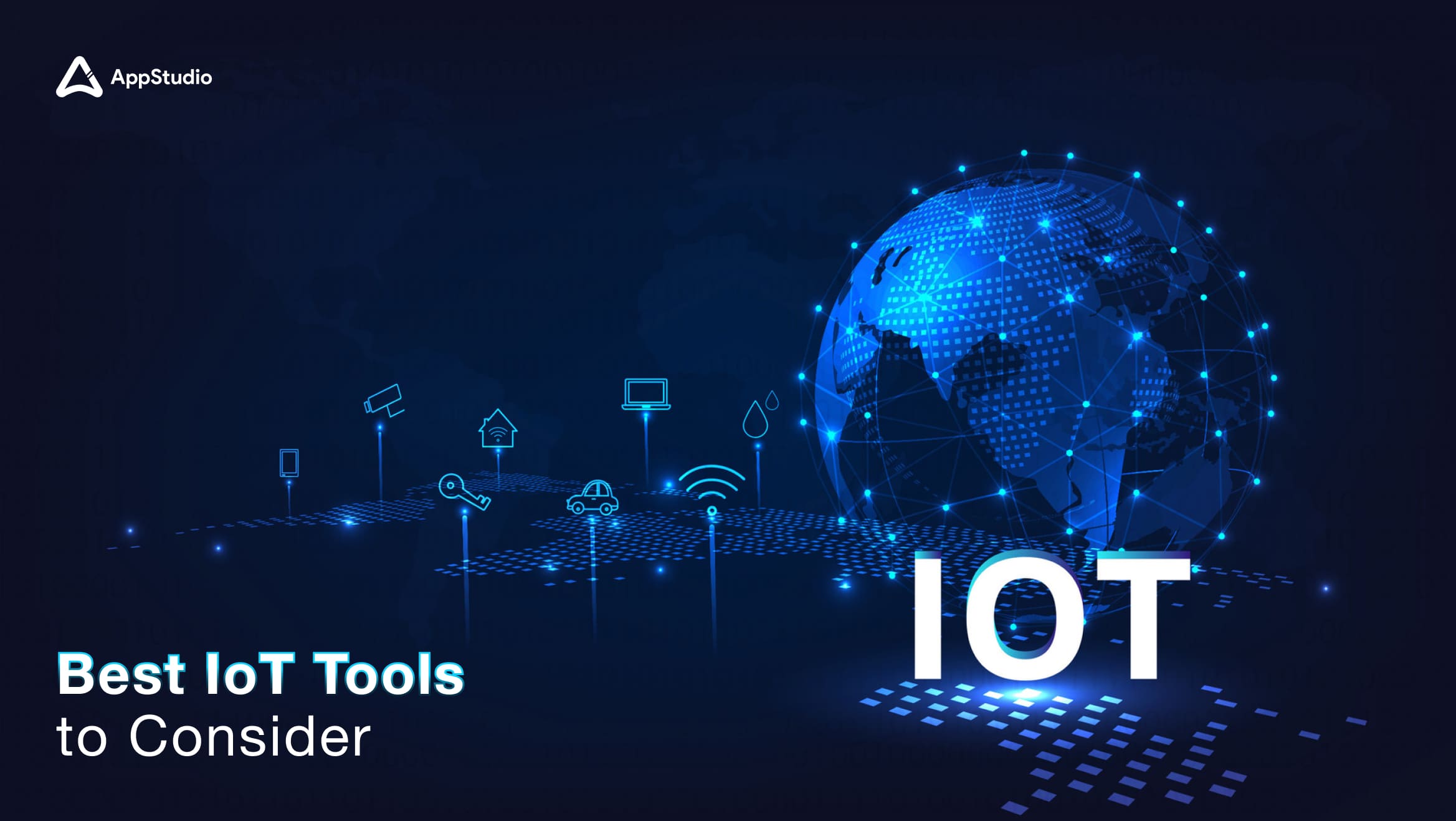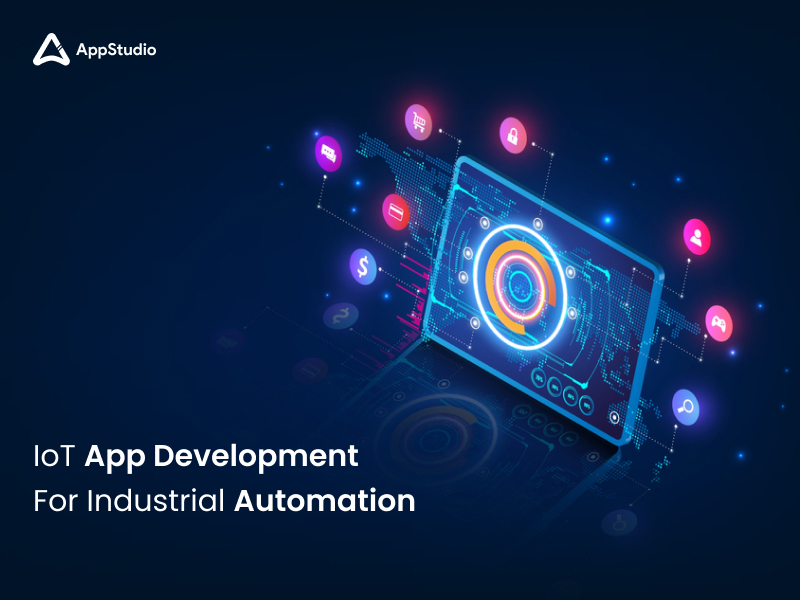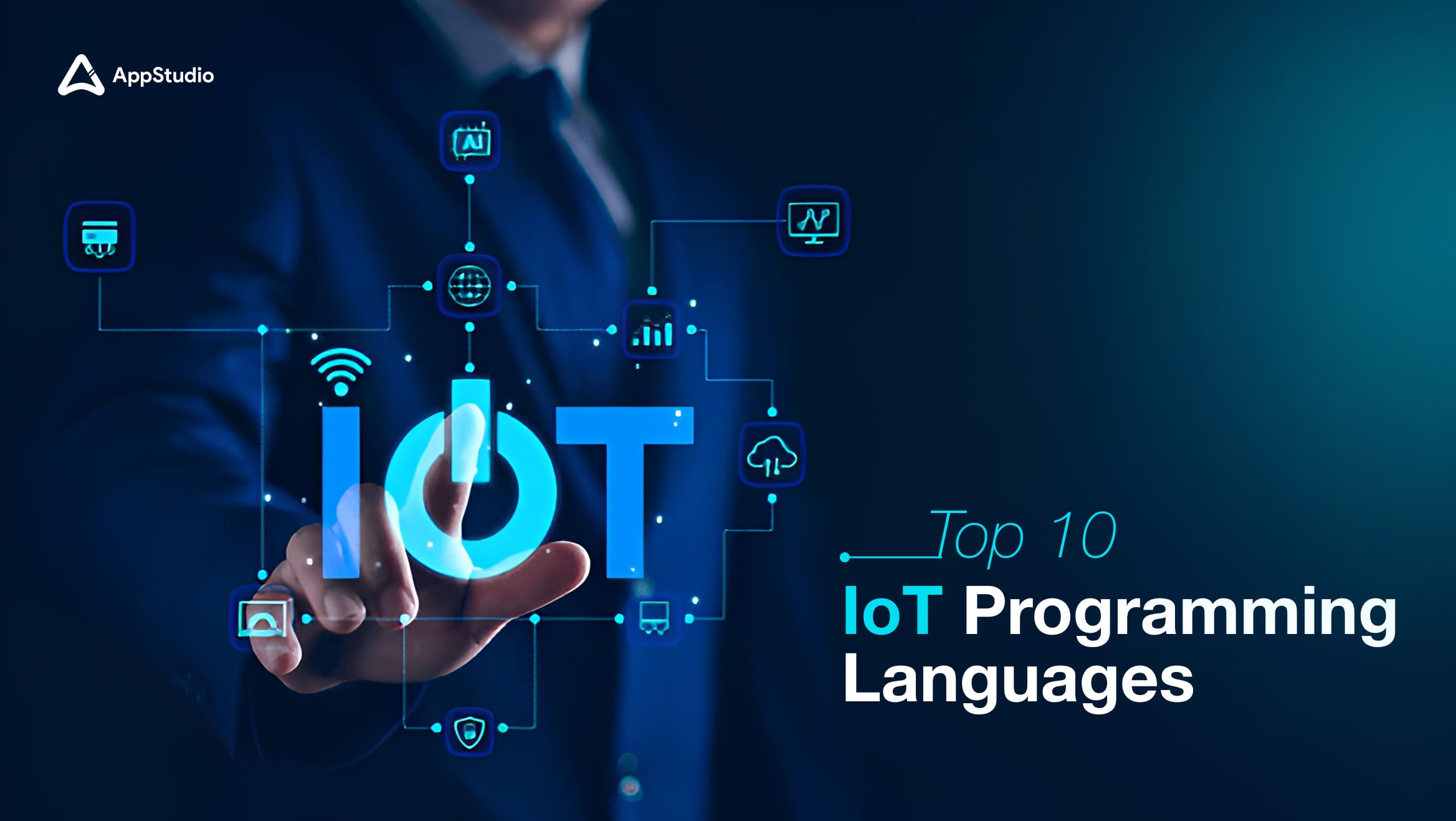The Internet of Things is a term that refers to the connection of objects with each other and with human beings through the Internet. The applications of this technology are multiple because it is adjustable to almost any technology that is capable of providing relevant information about its own operation, about the performance of an activity and even about the environmental conditions that we need to monitor and control at a distance. Before going into details, first, have a look at these Top 10 IoT App Development Companies in Quebec City.
Today, many companies from different sectors or sectors are adopting this technology to simplify, improve, automate and control different processes. Below, we show some of the amazing practical applications of IoT.
Wearables
Virtual glasses, fitness bands for monitoring caloric expenditure and heart rate, or GPS tracking belts, are just some examples of wearable devices that we have been using for some time now. Companies such as Google, Apple, Samsung, and others have developed and introduced the Internet of Things application to our most practical everyday life.
These are small and energy-efficient devices, which are equipped with sensors, with the necessary hardware to perform measurements and readings, and with the software to collect and organize data and information about users.
Health
The use of wearables or sensors connected to patients, allows doctors to monitor their conditions, outside the hospital and in real-time. By receiving metrics and automatic alerts about your vital signs, the Internet of Things helps to enhance care control and the prevention of lethal events in high-risk patients.
Another use is the integration of IoT technology to hospital beds, giving way to smart beds, equipped with special sensors to observe vital signs, blood pressure, oximeter, and body temperature, among others.
Traffic Monitoring
The Internet of things can be very useful in the management of vehicular traffic in large cities, contributing to the concept of smart cities.
When we use our mobile phones as sensors, which collect and share data from our vehicles through applications such as Waze or Google Maps, we are using the Internet of Things to inform us and at the same time contribute to traffic monitoring, showing the conditions of the different routes, and feeding and improving the information on the different routes to the same destination, distance, estimated time of arrival.
Fleet Management
The installation of sensors in fleet units helps establish an effective interconnection between vehicles and their administrators, and between vehicles and their own drivers; Both can know all kinds of details about the status, operation and needs of the unit, just by accessing the software responsible for collecting, processing and organizing the data. Even receive real-time alarms of maintenance incidents without being detected by the driver.
The application of the Internet of Things to fleet management favors geolocation (and with it the monitoring of routes and the identification of the most efficient routes), performance analysis, telemetry control, and fuel economy, the reduction of pollutant emissions to the environment and can even provide valuable information to improve the driving of vehicles.
Agriculture
Smart farms are a fact. The quality of the soils is decisive to produce good crops, and the Internet of Things offers farmers the possibility of accessing detailed knowledge of their conditions.
By implementing IoT sensors, a significant amount of data can be obtained on the state and stages of the soils. Information such as soil moisture, acidity level, the presence of certain nutrients, temperature and many other chemical characteristics, helps farmers control irrigation, make water use more efficient, specify the best times to start planting, and even discover the presence of diseases in plants and soil.
Hospitality
The application of the IoT to the hotel industry brings with it interesting improvements in the quality of the service. With the implementation of electronic keys, which are sent directly to the mobile devices of each guest, it is possible to automate various interactions.
Thus, the location of the guests, the sending of offers or information about activities of interest, the making of orders to the room or room service , the automatic charge of accounts to the room or the request for lingerie or personal hygiene supplies, are activities that can be easily managed through applications integrated to the Internet of Things technology.
With the use of electronic keys, the checkout process is automated, disabling the operation of doors, offering information on the rooms immediately available, and even assigning housekeeping tasks to the maintenance staff.
Smart Grid and Energy Saving
The progressive use of smart energy meters, or meters equipped with sensors, and the installation of sensors at different strategic points ranging from production plants to different distribution points, allows for better monitoring and control of the electricity grid.
By establishing a two-way communication between the service provider and the end user, information of great value can be obtained for fault detection, decision making and repair.
It also allows you to offer valuable information to the end user about their consumption patterns and about the best ways to reduce or adjust their energy expenditure.
Water Supply
A sensor, either incorporated or adjusted externally to water meters, connected to the Internet and accompanied by the necessary software , helps to collect, process and analyze data, which allows understanding the behavior of consumers, detecting failures in the supply service, report results and offer courses of action to the company that provides the service.
Likewise, it offers final consumers the possibility of tracking their own consumption information, through a web page and in real time, even receiving automatic alerts in case of detecting out-of-range consumption to their average consumption record, which could indicate the presence of a leak.
Maintenance Management
One of the areas where the application of IoT technology is most extensive is precisely maintenance management. By combining sensors and specialized CMMS / EAM maintenance management software, a multifunctional tool is obtained whose use can be applicable to a multitude of disciplines and practices, in order to extend the life of your physical assets, while guaranteeing its reliability and availability.
When the characteristics of the software responsible for processing and arranging the data collected by the sensors are designed to specifically address the maintenance management needs of physical assets, their application is almost unlimited.
Real-time monitoring of physical assets, allows to determine the moment when a measurement is out of range and it is necessary to perform a condition-based maintenance (CBM), or even applying Artificial Intelligence (AI) algorithms such as Machine Learning or Deep Learning to predict the failure before it occurs.
